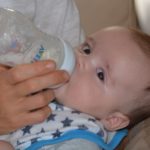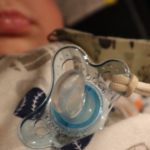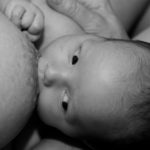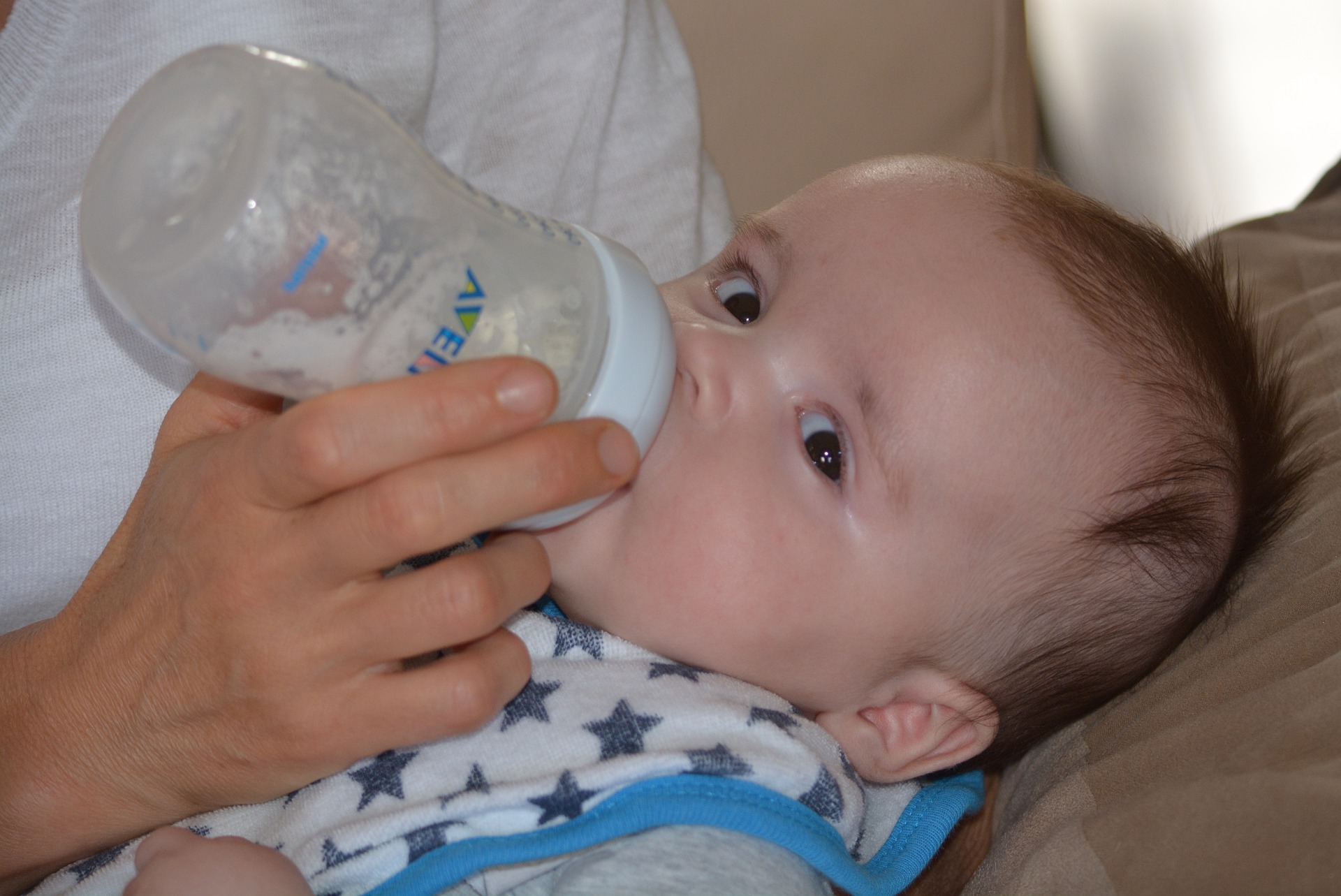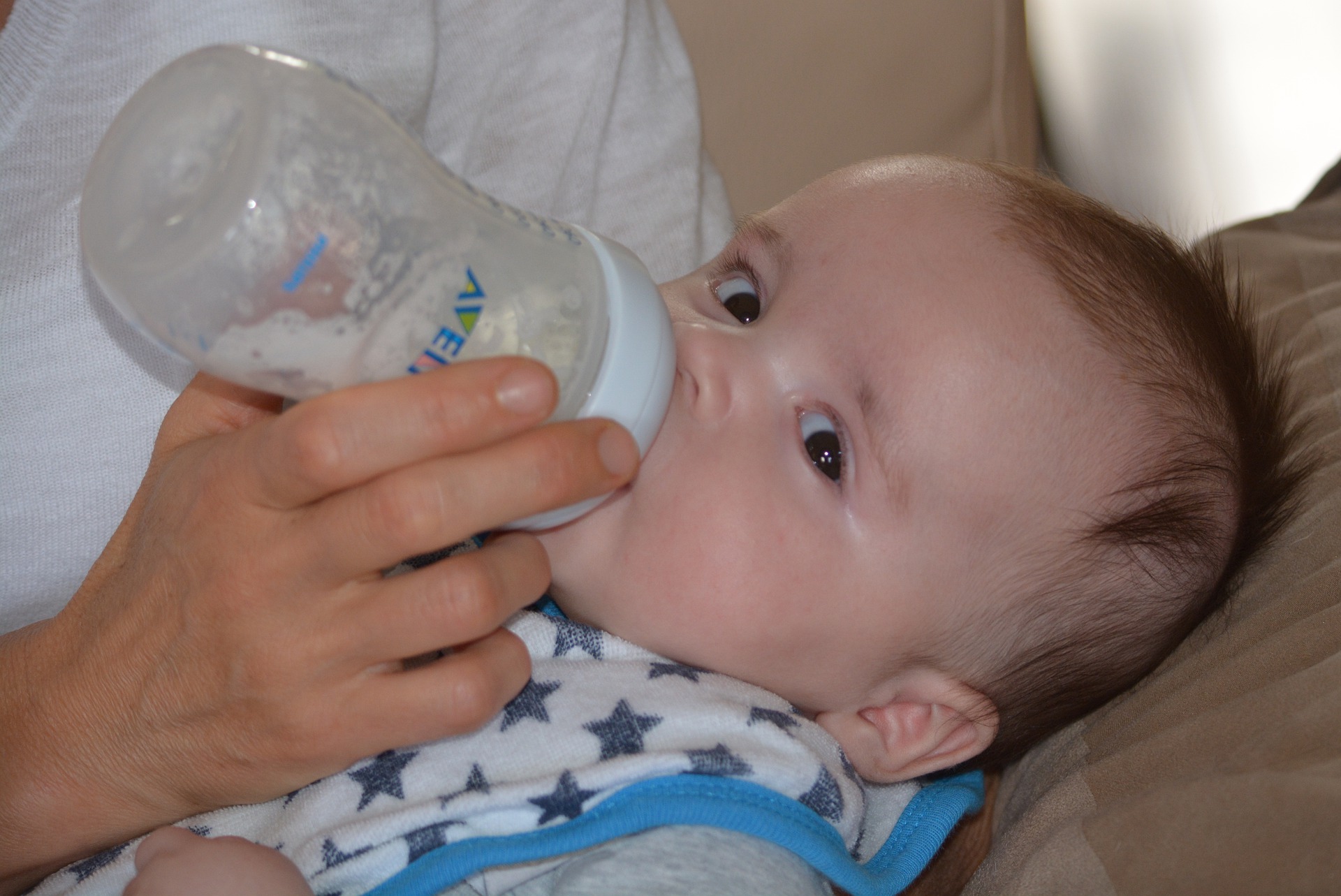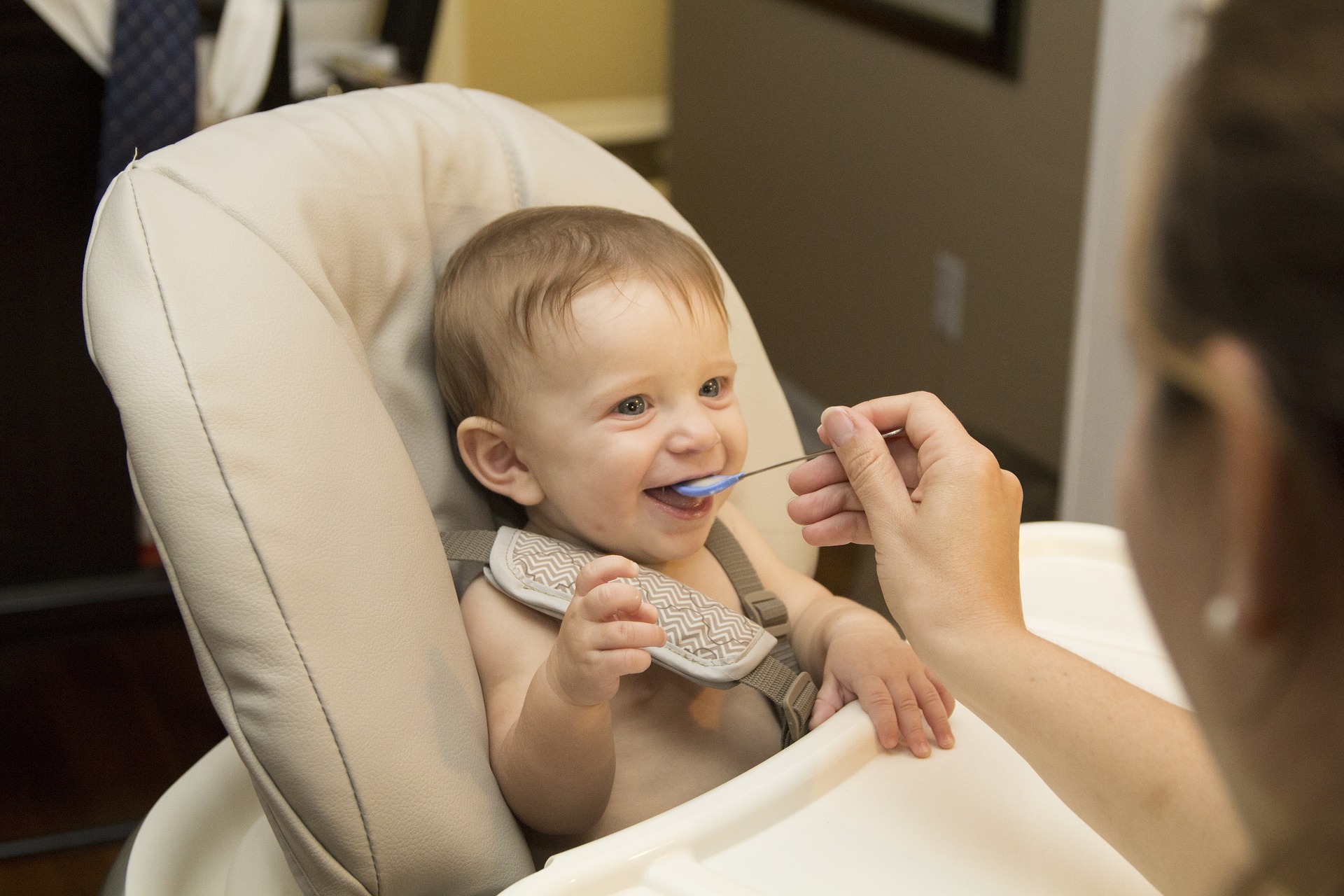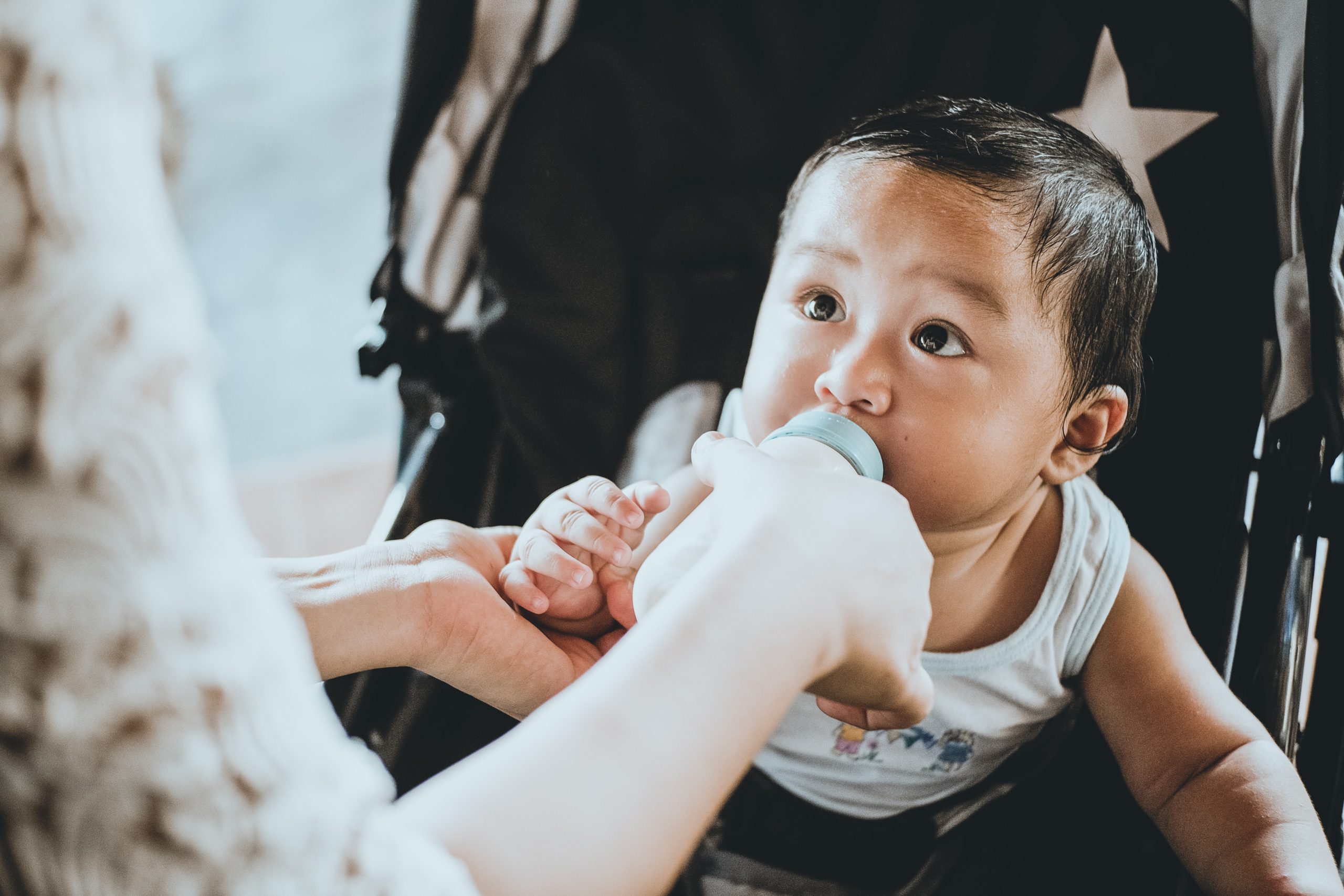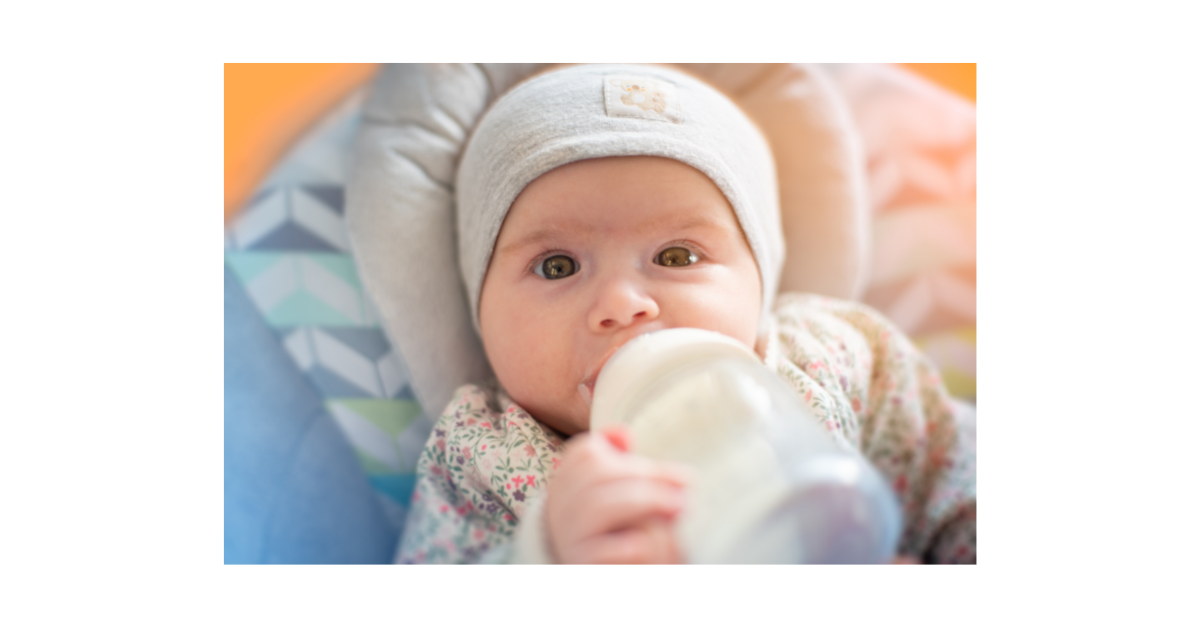Do you know the right amount of formula needed per ounce? When I was a new mom I had to ask many questions, so do not be ashamed of not knowing!
You might be wondering how many scoops of formula for 3 oz. is needed when mixing infant formula. It is important to use the proper amount of water for each scoop of powder.
Using too little water can result in dehydration while using too much water can lead to malnutrition. Particular attention must be paid to measuring and reconstituting infant formula when dealing with newborns who are born prematurely or with low birth weight. In today’s article, we’ll be discussing how to properly measure infant formula.
Table of Contents
- Measuring And Mixing Baby Formula
- Important Things To Remember When Preparing Baby Formulas
- Proper Storing Of Prepared Formula
- Final Thoughts
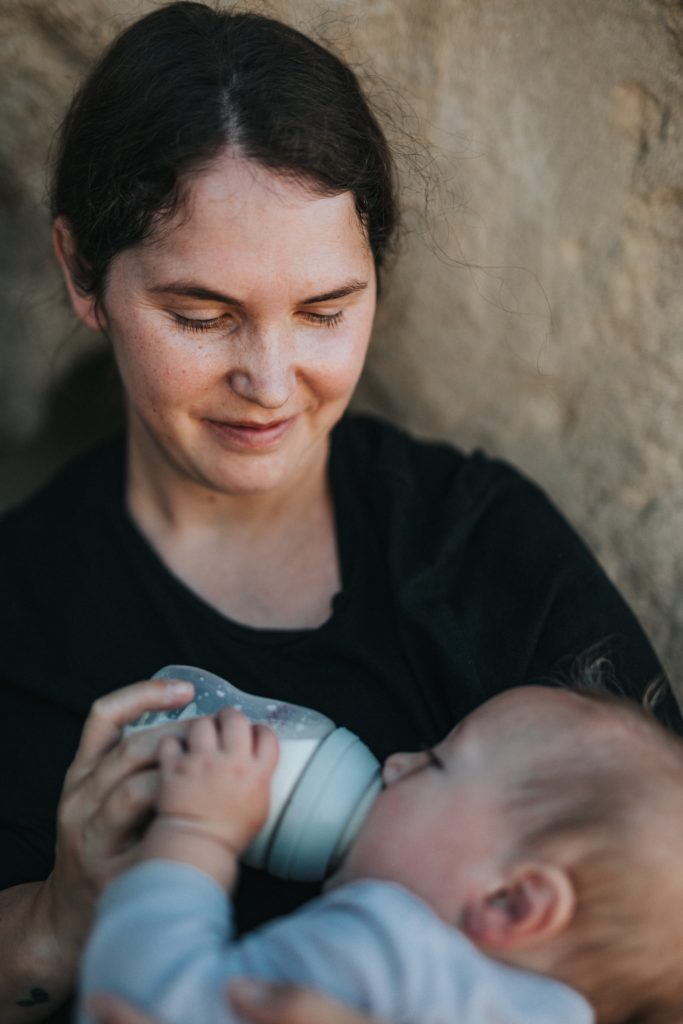
Measuring And Mixing Baby Formula
Type Of Formula
The formula you choose will dictate the steps necessary to prepare it.
Powdered Baby Formula
- The standard formula among producers is to mix 2 fluid ounces of water with 1 level scoop of powder.
- Shake vigorously after adding the powder to water that has already been measured out. One bottle at a time is OK, but you can also prepare a full day’s supply of baby formula and store it in the fridge.
Liquid Concentrate
- It is common practice to combine this thick liquid with water.
- Put 1 ounce of water and 1 ounce of concentrated liquid formula into a 2-ounce bottle and shake until combined.
- Each bottle should be mixed individually, or you may make a couple of days’ worth and store them in the fridge; they will be good for 48 hours.
Ready-to-Feed
- The ready-to-use formula may be quickly and easily poured into a baby bottle. There is no need to measure or blend anything.
- Packages of ready-to-feed formula can hold 2, 6, or 8 fluid ounces. You can store unused formula in the refrigerator for up to 48 hours if you seal it tightly and place it in the fridge after opening.
- Be sure to stick to the rules for the method you chose.
How Many Scoops Of Formula For 3 Ounces?
When you know how many scoops of powder to use per fluid ounce, preparing and measuring the formula is a breeze. The formula for infants requires precise measures to ensure that the right amount of nutrients is delivered to the baby. Your baby’s health and growth could be negatively affected if you use too much water or formula. Preparing a bottle of the baby formula requires 3 ounces of water and 1.5 scoops of formula powder.
Right Temperature
The ideal temperature ranges from slightly chilled to lukewarm. The powder can be mixed with tap water at room temperature if the water is clean and safe to drink. Putting a bottle in the microwave might cause dangerous hot spots.
Methods for safely warming formula include:
- The bottle should be run under hot or extremely warm water. It should only take a few minutes.
- Pour some hot water into a pan. Just take it out of the oven. Keep the bottle warm in the pan for a while.
- Put to use a bottle warmer procured from a retailer catering to parents.
After the bottle has been heated, give it a good shake. Squirt a little bit on the inside of your wrist and see how it feels. You should wait until it cools to a lukewarm temperature before giving it to your baby.
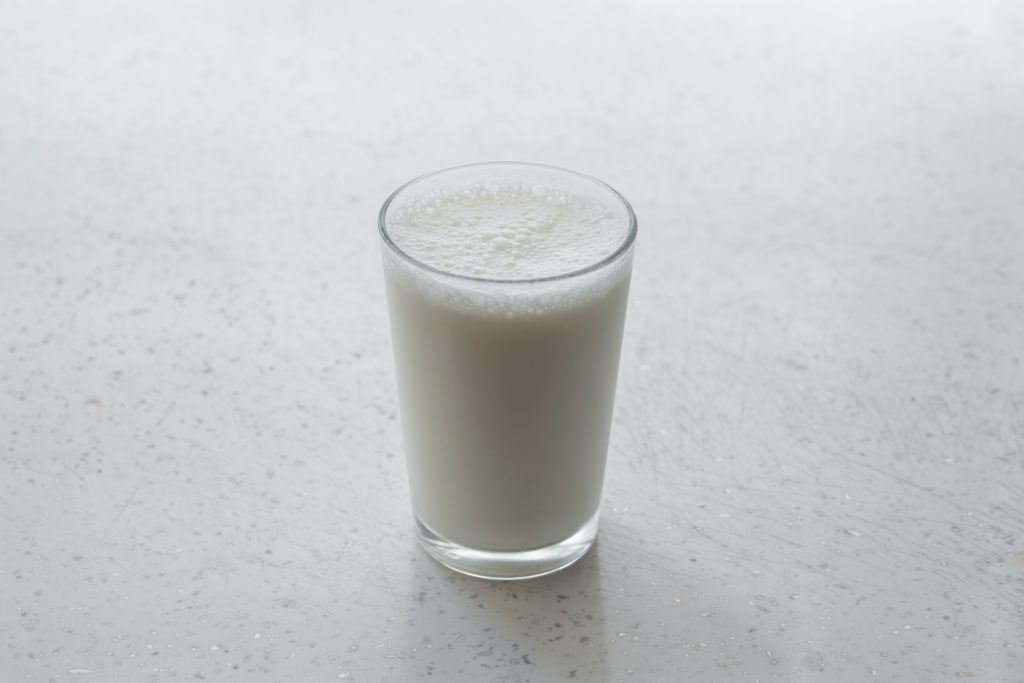
Important Things To Remember When Preparing Baby Formulas
Prepare Baby Formula With Clean Water
Never use tap water or water from an unsafe source. Water from an unknown source can make you nervous about giving it to your baby, so it’s best to boil it first and let it cool before using it to prepare the formula. Baby formula can also be made with bottled water. Formula water should be measured out in a clean cup every time to prevent the spread of bacteria to your infant.
Follow The Instructions
Formula cans typically include some sort of manufacturer’s instructions to help you measure the powder correctly. Avoid adding too much or too little water by following the instructions on the back of the formula packaging for the proper ratio of water to formula powder.
Always Practice Proper Hygiene
For example, before preparing your baby’s formula, wash your hands thoroughly and disinfect the surface you’ll be using.
Avoid Scented Soaps
It is recommended that you use light soap when washing your baby’s bottle, and you should avoid using a product with a strong fragrance. Even before you add the formula, make sure to give the bottle a thorough rinsing to remove any traces of soap that could potentially contaminate your baby’s food.
Do Not Microwave Baby Formulas
Putting a bottle of formula in the microwave is a bad idea since the microwave’s uneven heating can burn your baby’s tongue. You can warm up your baby’s formula bottle by running warm water through it for a few minutes. Make sure it is not too hot for your baby’s tongue by testing a small amount first by placing it on the back of your hand.
Avoid Letting The Formula Sit Around
The baby should be given the drink or it should be refrigerated and ready to drink within an hour. Don’t use any premade formula that has been sitting out at room temperature for more than an hour. Don’t feed a newborn any leftover formula.
Proper Storing Of Prepared Formula
There may be times, such as when you are busy at work or in the event of an unexpected circumstance when you need to save your baby’s formula for later use. It’s possible that as a mom, you have no idea how to properly store finished formula. Here are some tips on how to keep infant formula fresh for as long as possible.
- The prepared formula should be refrigerated within an hour.
- When properly prepared, the formula has a 24-hour shelf life in the fridge. Keep the bottle’s lid tightly closed to keep the formula from melting in high temperatures.
- Keep the opened can of ready-to-feed formula in the fridge by covering it with plastic wrap.
Final Thoughts
It’s crucial to accurately measure the formula powder you use when preparing baby food. It can prevent you from giving your infant too much or too little water, both of which can cause health problems.
To ensure the health and safety of your infant, you should follow these guidelines when producing the formula you’ll be using. When preparing infant formula, be sure to adhere to the storage instructions supplied so that you don’t accidentally feed your child expired food. And always look out for baby formula recalls. Thanks for reading!
Sharon C Dunn

